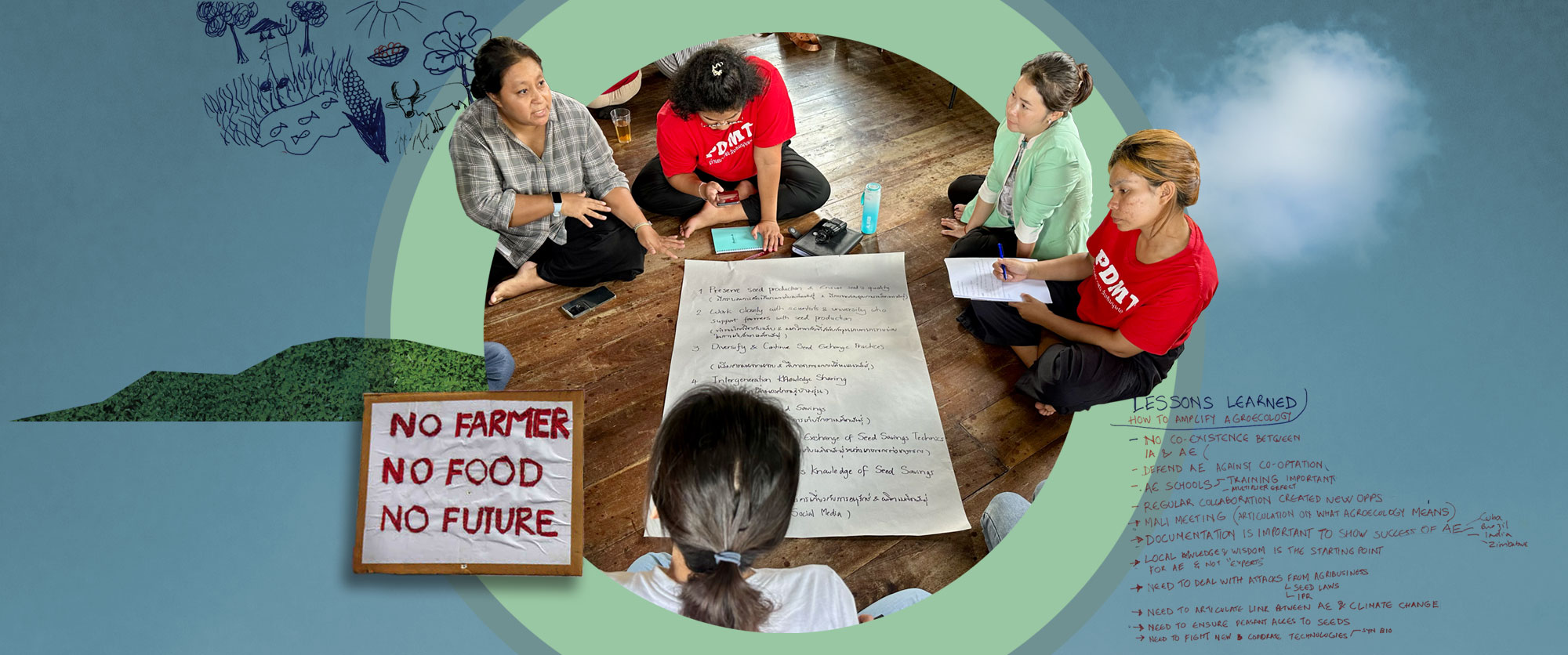As a Multi-Donor Fund Our Collective Impact Helps Transform Food Systems Around the Globe.
The Agroecology Fund’s Niche
The Agroecology Fund was founded in 2011 to amplify agroecological solutions through three overlapping niches:
• Pool and grant funds in support of agroecology movements through a participatory process grounded by the expertise of grassroots advisors.
• Influence and collaborate with non-Agroecology Fund donors to support agroecology movements.
• Provide a learning platform to the Agroecology Fund community (donors, advisors and grantees).
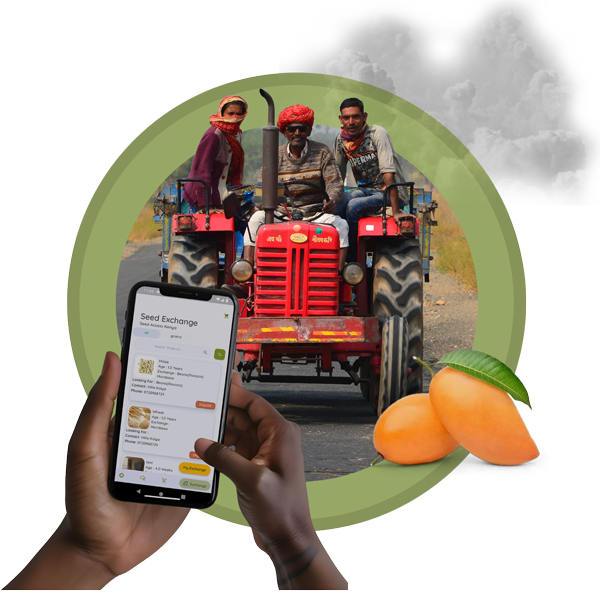
Who We Are
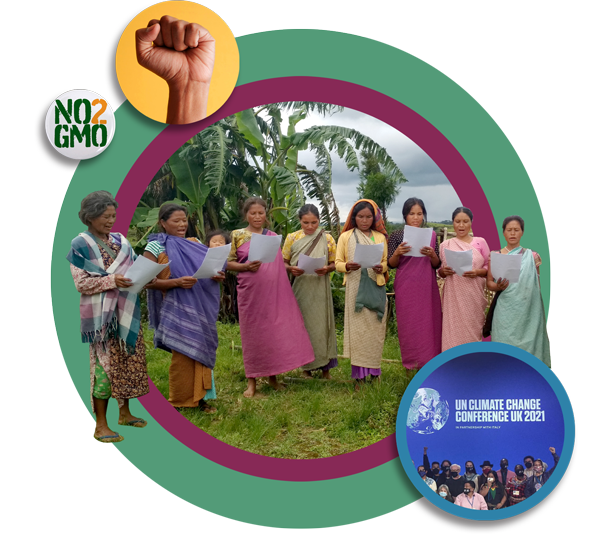
Grantmaking remains at the heart of the ethos and operations of the Agroecology Fund – we seek to grow our grant pool and donor base to make more and larger grants. But just as our own grantmaking has grown, so too has our influence across a diverse donor landscape spread across multiple intersectional issues (e.g., climate change, biodiversity, human rights) and within various donor categories, including bilateral and multilateral funding agencies.
The Agroecology Fund does not engage in policy advocacy but supports social movements and Civil Society Organizations (CSOs) in their policy advocacy at local, national and international level. Just as we remain committed to granting out the vast majority of our resources – that is our true north – we have also deepened our capacity to offer support to grantees in other ways.
We operate a unique participatory grantmaking process informed by expert advisors embedded in civil society networks and long-term partners. Between 2012 and 2024, we awarded $33 million to collaboratives led by grassroots partner organizations, many of which include women, Indigenous Peoples and youth led organizations.
Our History
Since our four funding donors launched the Agroecology Fund in 2011, we have grown sharply. Today, our donor community includes over 55 active funders committed to advancing agroecology while leveraging even more outside funding to support agroecology movements worldwide.
In our first grant making cycle, with the guidance of an international Advisory Board, the Fund awarded a little over $1 million to six collaborative initiatives (17 collaborating organizations) for a two-year grant period. Each year since we’ve grown our funding partner base and expanded our grantmaking amounts to increase our impact.
From 2012-2024, through our global grant program and our regional funds, we have awarded a combined total of $33 million through 617 grants in 96 countries.
Learn more about our donors and why investing in AEF matters.
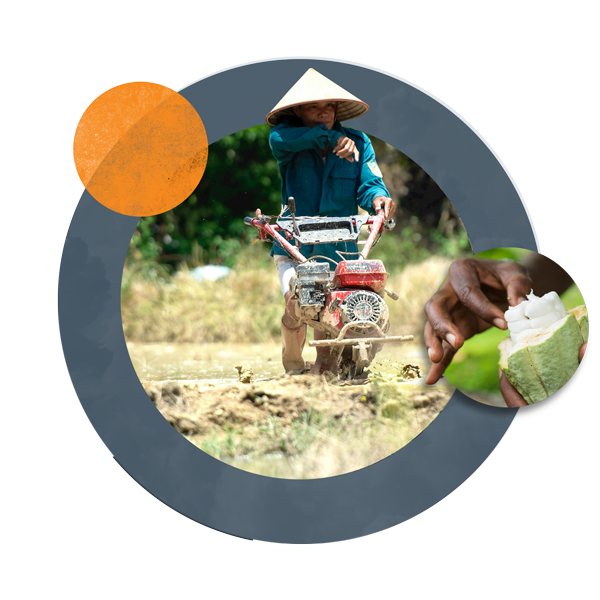
Global Advisors
The Agroecology Fund relies on expert advisors embedded within agroecology movements around the world. Serving for up to three three-year terms, advisors bring with them diverse perspectives and a wide range of expertise – from academic research to women’s and Indigenous leadership, to technical knowledge on agroecological practices, to advocacy and communications skills. Advisors nominate potential grantees,and review proposals, and recommend a final docket. Together with donors and long-term partners, they serve on the Executive Committee to ensure that the Fund remains on track in fulfilling its strategic directions. More about the governance and functioning of the Advisory Board can be found in our Governance Framework.
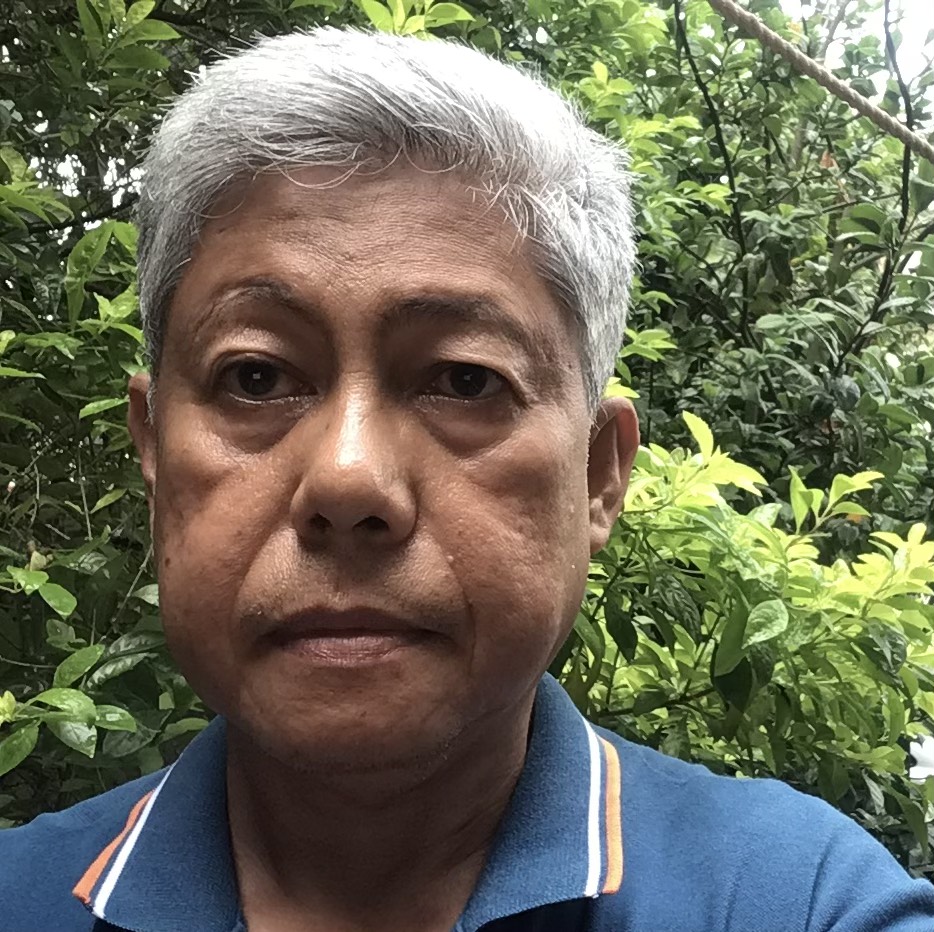
Cristino C. Panerio
Cristino C. Panerio
Cristino Panerio is an Agricultural Engineer and Chairman of the Board of MASAI Inc., a consultancy organization in the Philippines servicing grassroots-oriented programs and projects. He also supports MASIPAG in their Asian Peoples’ Exchange Program (APEX) in partnership with PANAP and Misereor, a collaboration that aims to empower NGOs and People’s Organizations in Southeast Asia and South Asia through People-led Development, Agroecology, and Advocacy. Through decades of engagement with Filipino grassroots organizations, Cristino has been key in supporting Agroecology Training and the implementation of Agroecology Plans at the national and regional levels, working towards sustainable agriculture and biodiversity management.
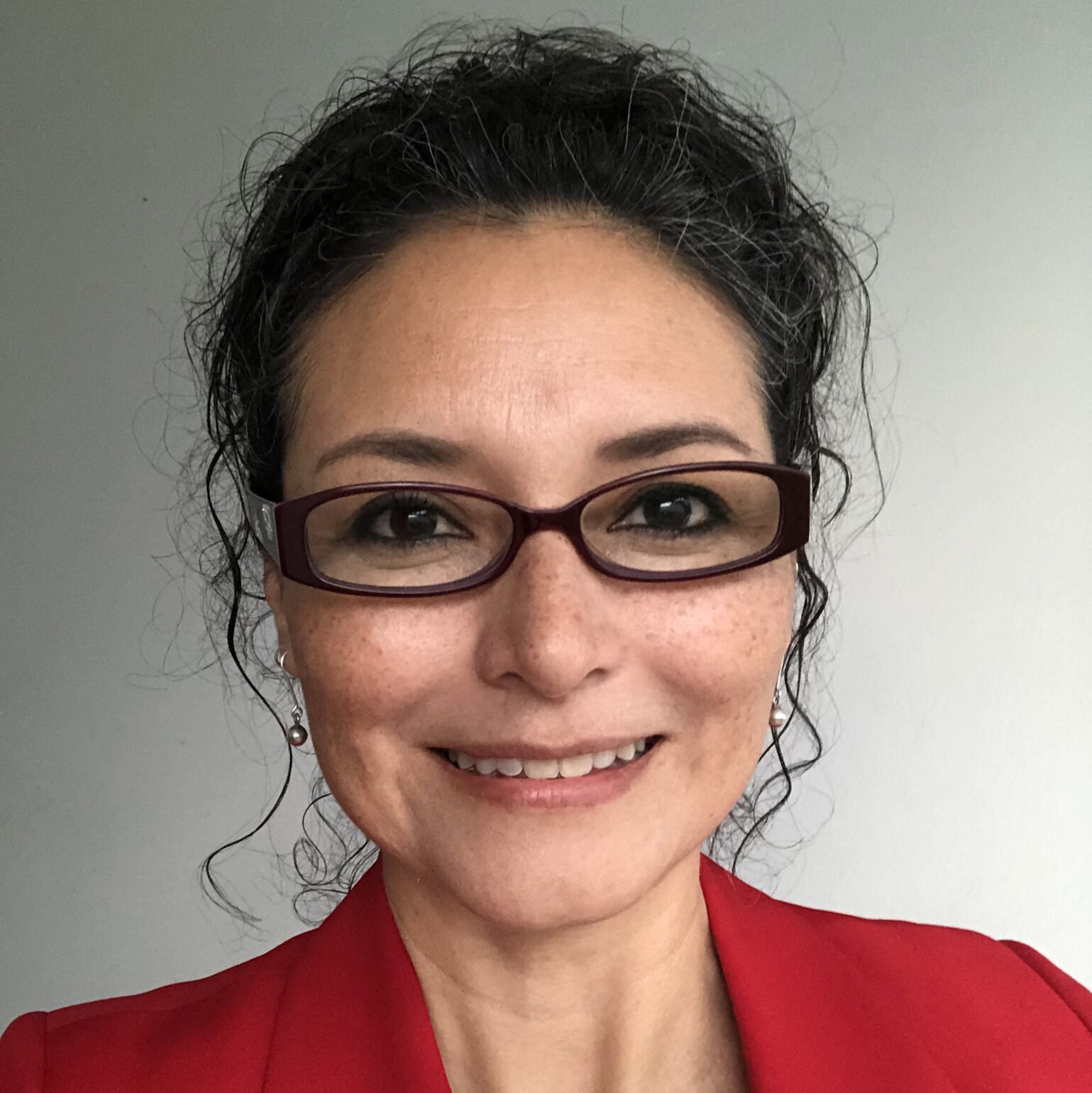
Georgina Catacora-Vargas
Georgina Catacora-Vargas
Georgina Catacora-Vargas (Bolivia) is an Agricultural Engineer with a Ph.D. in Agroecology. She is a Professor of Agroecology at the Academic Peasant Unit “Tiahuanacu” of the Bolivian Catholic University and a Research Associate of AGRUCO, Faculty of Agricultural and Livestock Sciences at the University of Mayor de San Simón (UMSS) in Bolivia. She is also the President of the Latin American Scientific Society of Agroecology (SOCLA), a member of the International Panel of Experts on Sustainable Food Systems (IPES-Food), and a member of the Ad Hoc Technical Expert Group on Farmers’ Rights under the FAO International Treaty on Plant Genetic Resources for Food and Agriculture. Her work is transdisciplinary and rooted in participatory-action research, focusing on socio-ecological systems around agroecology, biodiversity, and food systems, with a gender perspective (with emphasis on women) and a human rights approach (with emphasis on farmers’ rights). She has experience drafting and implementing national and multilateral regulations and policies on biodiversity, biosafety of modern biotechnology, and agroecology. She is an advocate for youth rights and art as a transformative research and pedagogical strategy.

Kevin Chang
Kevin Chang
Kevin Chang is from Kahalu’u, O’ahu, Hawai’i and serves as the Executive Director of Kuaʻāina Ulu ʻAuamo (KUA) a capacity building and network facilitation and mobilization mechanism founded by and for rural Native Hawaiian community-driven biocultural resource management initiatives. Kevin is of Chinese, Irish and other ancestry and grew up at the convergence of urban and rural life in O’ahu, Hawai’i. He spent the last few decades working on the social, cultural, and environmental justice issues of his community on land and in the ocean, both locally and internationally. He is also an attorney who has worked in litigation, entertainment law, and business. He is married to Alma Siria Vega de Chang of ciudad Obregon, Sonora, Mexico, and is the lead singer and songwriter of the band Kupaʻāina (citizen of the land).
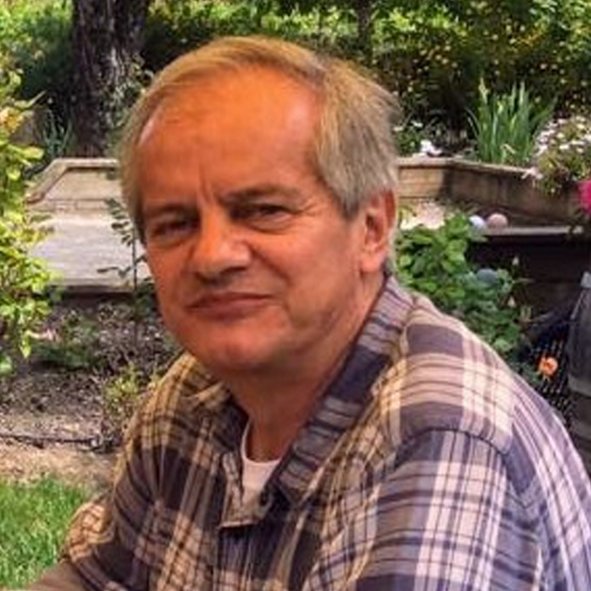
Francisco Chapela-Mendoza
Francisco Chapela-Mendoza
Francisco Chapela-Mendoza is an agronomist. He holds a Ph.D. in natural resources economics and is a rural planner advocate of devolving Indigenous and rural communities their role as stewards of nature. Since 1980, he has been a technical advisor and ally of Indigenous and rural communities and their organizations, helping develop their ideas about how to achieve a Good Life or Buen Vivir. Over the last 20 years, Francisco has led programs to support and enhance the stewardship role of Indigenous and Rural Communities and organizations with international institutions, such as The World Bank, Rainforest Alliance, and the Christensen Fund. He has authored and co-authored more than 50 publications about natural resources management, forest management, institutional design and natural resources management policies. Francisco is a member of Estudios Rurales y Asesoría, the International Association for the Study of the Commons, The Forest Stewardship Council, and the International Society of Tropical Foresters.
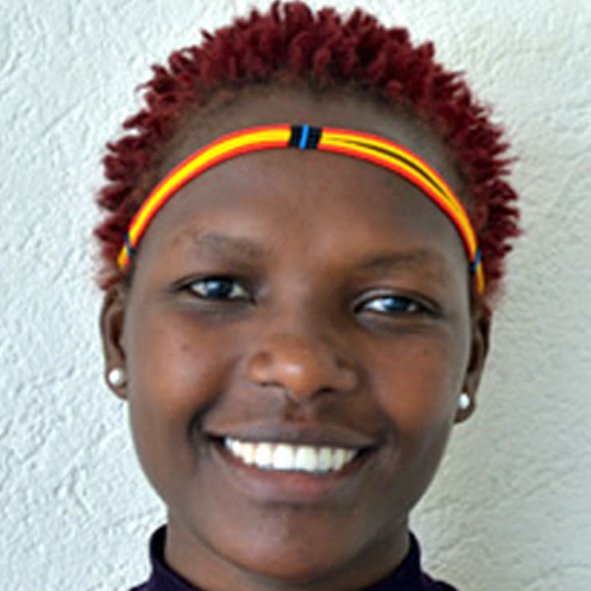
Milka Chepkorir
Milka Chepkorir
Milka Chepkorir is a young Indigenous woman from the Sengwer Indigenous Peoples of Cherang’any Hills, Kenya. For years, she has been working with her community to address communal land tenure issues in their ancestral lands, the Embobut and Kabolet forests. Due to a lack of recognition of her community’s land rights, the community has faced many human rights violations through evictions by the government of Kenya, all in the name of forest conservation. Milka has a special interest in gender issues and has been working with women and elders in her community to ensure women are included in the community’s land rights struggles. Together with the women in Embobut and Kabolet, she helped develop a cultural centre where the community hopes to carry out Indigenous education classes to educate the youth and children about the Sengwer Indigenous knowledge and systems, most of which have been lost or are diminishing. Milka coordinates the “Defending Territories of Life” stream of work, for Africa, at the ICCA Consortium. She was previously the Coordinator of Community Land Action NOW! (CLAN), a Kenyan movement of communities working to register their lands as community lands under the Community Land Act 2016.
Milka has been actively involved in International policy processes involving Indigenous Peoples rights to their lands, resources, clean environment and water.
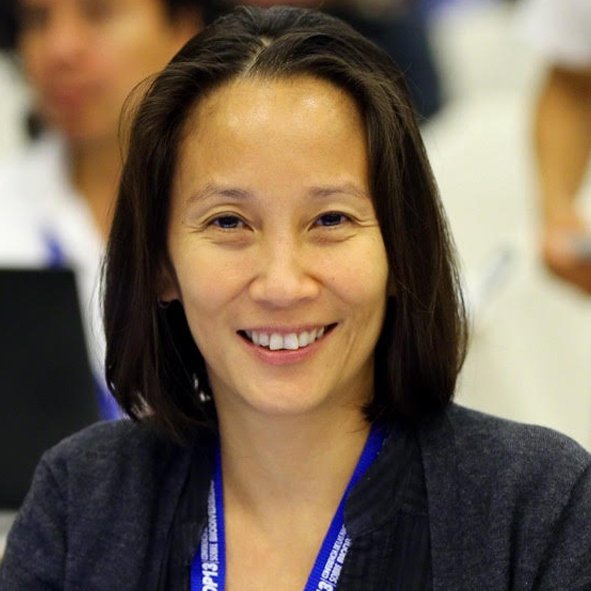
Lim Li Ching
Lim Li Ching
Lim Li Ching is a Senior Researcher at Third World Network (TWN). TWN is an independent non-profit international research and advocacy organization involved in bringing about a greater articulation of the needs, aspirations and rights of the peoples in the South and in promoting just, equitable and ecological development. Li Ching coordinates its biodiversity, biosafety and sustainable agriculture work. She is currently Co-chair of the International Panel of Experts on Sustainable Food Systems (IPES-Food) and has contributed to various international publications on sustainable agriculture. She has a B.Sc. in Ecology and an M.Phil. in Development Studies.
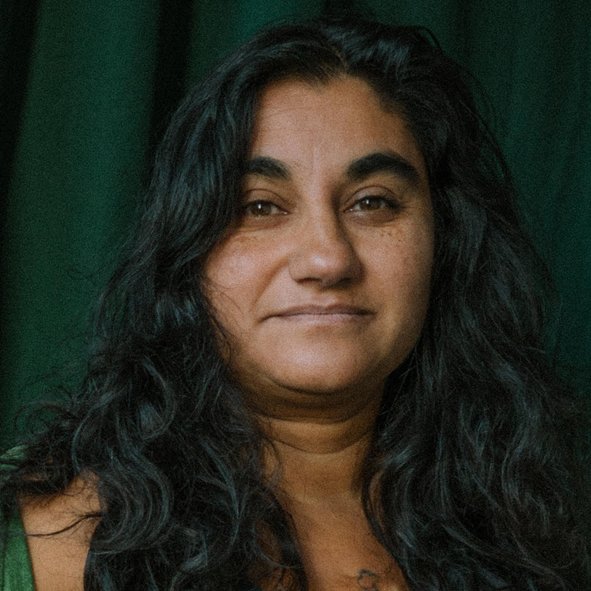
Jyoti Fernandes
Jyoti Fernandes
Jyoti Fernandes is an agroecological smallholder farmer based in Dorset, UK. She produces a range of products, from blankets and meats to cider, juice, and preserves. The farm is part of a local smallholders’ cooperative that shares collective processing facilities and runs a popular education agroecology school called the Land Skills Hub.
Jyoti coordinates the Policy, Lobbying and Campaigning work of the Landworkers Alliance, a small farmers union in the UK and a member of La Via Campesina. She participated actively in advocating for agroecology as climate adaptation in the COP processes.
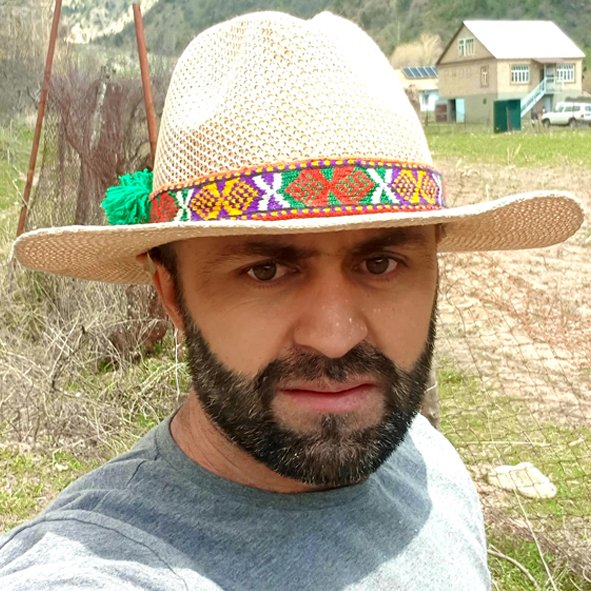
Alibek Otambekov
Alibek Otambekov
Alibek Otambekov was born and raised in Pamir Mountains of Gorno-Badakhshan Autonomous region, Tajikistan. He has MS degree in environmental engineering and 17 years of experience in working with local farmers, grassroots organizations, and communities of Tajikistan, as well as working on the regional level in Central Asia and globally. Most recently, as an Associate Program Officer of the Christensen Fund, Alibek has supported Central Asian peasants—Dehkans; their innovations and practices that sustain agrobiodiversity of fruits, nuts, and cereals and their wild relatives; medicinal and wild food plants and herbs as well as the associated agroecosystems and cultural land management practices and livelihoods necessary to sustain this diversity. The work is set in the high-altitude agricultural valleys of Eastern Tajikistan and Southern fruit and nut forests of Kyrgyzstan. Alibek was instrumental in setting up the International Network of Mountain Indigenous People (INMIP), where he is currently the country coordinator. He is a musician and passionate advocate of the culture of his people and building partnership of local, national and global institutions.
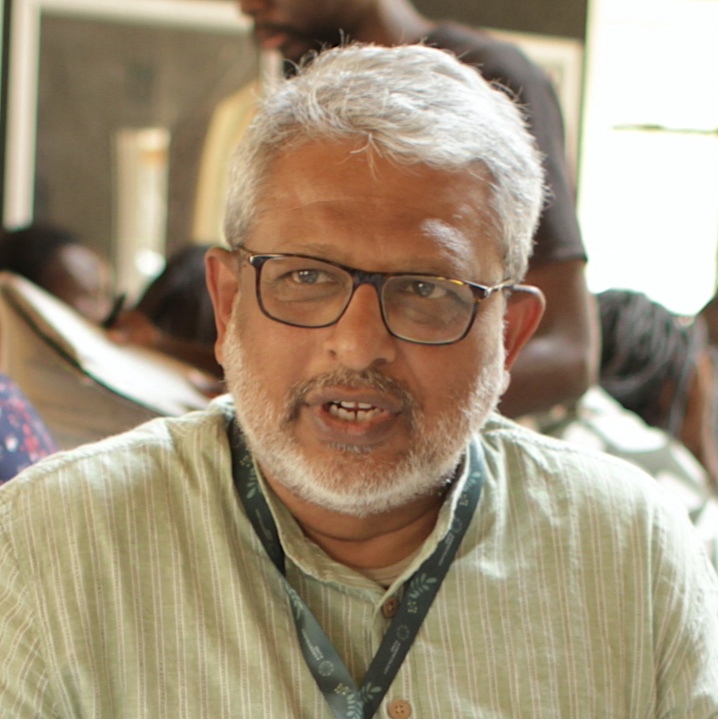
Sridhar Radhakrishnan
Sridhar Radhakrishnan
Sridhar Radhakrishnan is a Steering Committee member of the Alliance for Sustainable and Holistic Agriculture (ASHA-Kisan Swaraj) and a board member of GRAIN. He serves as Director of Thirunelly Agri Producer Company (TAPCo) in Kerala and Consultant with Asar Social Impact Advisors. He also advises the Agroecology Fund and its regional initiative, the Bharat Agroecology Fund. An engineer turned environmentalist, Sridhar focuses on sustainable agriculture, agroecology, food sovereignty, environmental policy, ecosystems, land use, and the climate crisis.
An advocate for biosafety and against genetic modification in agriculture, Sridhar played a leading role in the Coalition for a GM-Free India. He also conducted research under the Kerala Research Programme on Local Level Development (KRPLLD) at the Centre for Development Studies, Thiruvananthapuram.
He lives with his wife and son in a mud and bamboo home designed by COSTFORD, with a small food garden, in Karakulam, near Thiruvananthapuram, Kerala.

Annie Shattuck
Annie Shattuck
Dr. Annie Shattuck is an Assistant Professor of Geography at Indiana University. Her research engages agroecology, pesticides, environmental health, food politics, and agrarian studies. She has been active in organizations working to build sustainable food systems for twenty years.

John Wilson
John Wilson
John Wilson is a free range facilitator and activist in East and Southern Africa, with strong links to West Africa. He has worked with many different organizations at different levels — from community-based organisations to regional and continental networks, to help facilitate a stronger food sovereignty movement in Africa. Increasingly, he is focused on helping to catalyze and support collaborative and strategic work on agroecology and food sovereignty. In recent years, he has also become a strong proponent and facilitator for a principles-based approach to development work. Working with very complex situations requires a way of decision-making and assessment based on guidance rather than goals; Principles Focused Evaluation has been a strong source of inspiration and experience for his practice.
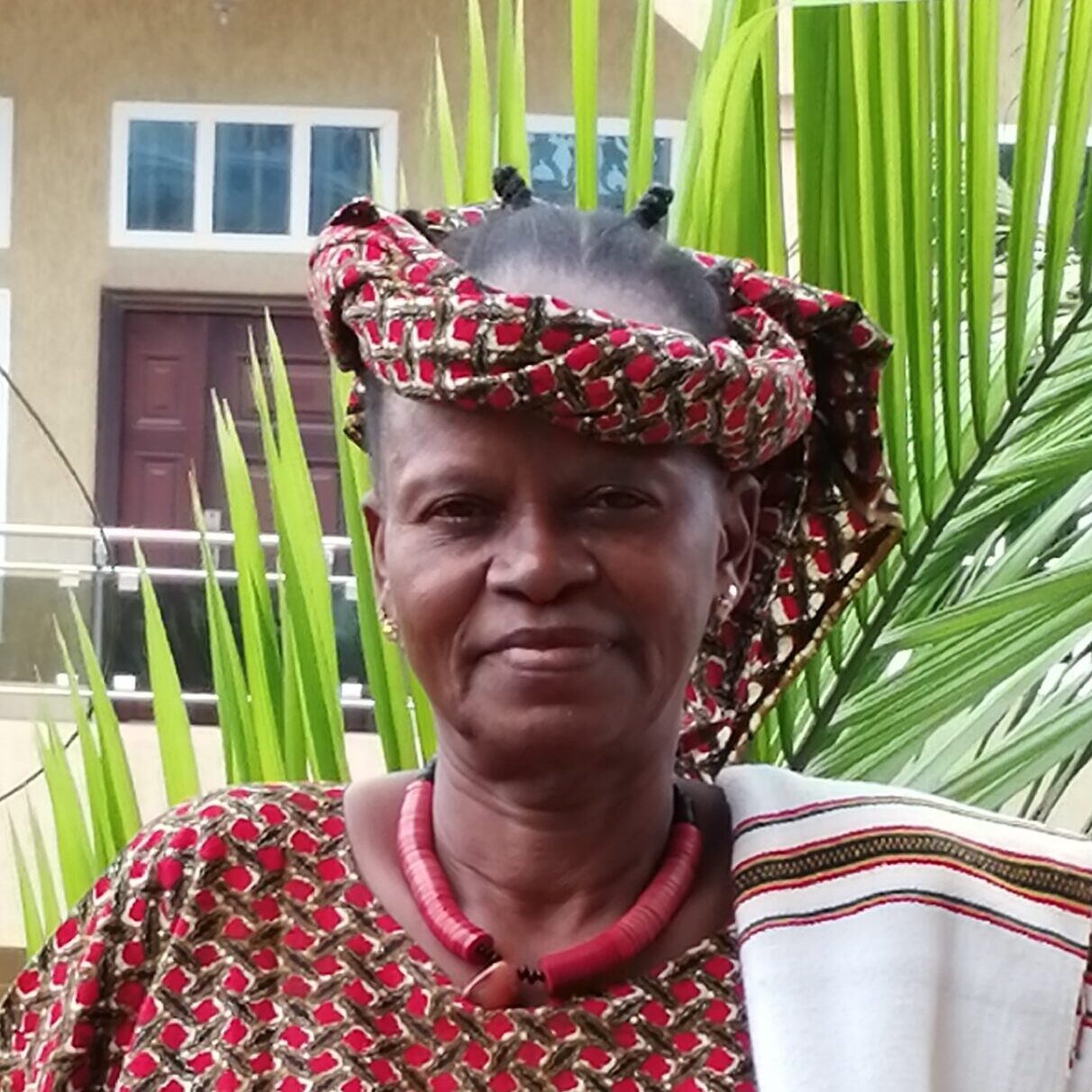
Jeanne Zoundjihekpon
Jeanne Zoundjihekpon
Through her academic research and collaboration with civil society organizations, Jeanne has been involved in environmental protection in West Africa – and specifically biodiversity conservation – for several decades. Her work has included the assessment and regulation of GMOs in French-speaking African countries, and the last Ph.D. thesis she supervised was on the sexual reproduction of yams in Benin’s agroecological zones. Jeanne is a founding member of JINUKUN (a local network for the sustainable use of biodiversity in Benin active since 2003), and COPAGEN (Coalition for the Protection of African Genetic Heritage), launched in 2004, which includes the countries of the West African Economic and Monetary Union (Burkina Faso, Côte d’Ivoire, Bissau Guinea, Mali, Niger, Senegal, Togo and Benin) and Guinea. In 2022, Jeanne resigned from JINUKUN, but remained a member of the Federation of AgroEcologists of Benin (FAEB) until January 2025. Currently, she is continuing her activities in West Africa as an independent scientist.
In 2023, she published the results of more than three decades of scientific research on the genetic resources of african yams in a book titled “YAM, WORTHY PLANT WITH PLURAL FUTURE”. This book was launched on June 7th 2024 at the University of Abomey-Calavi (Benin), and was presented on June 28th 2024 at the University of Nangui Abrogoua (Côte d’Ivoire), as well as to key farmers and civil society organizations in Benin.

Glorene A. Das
Glorene A. Das
Glorene A. Das is the Executive Director of Tenaganita Women’s Force, a human rights organization dedicated to helping and protecting migrants, refugees, women, and children from exploitation, discrimination, slavery, and human trafficking. Tenaganita works to amplify the voices of marginalized and vulnerable individuals in a globalized world.
Glorene transitioned from a decade in the corporate sector to join Tenaganita in 1999 as a Program Officer, equipped with a background in Human Rights, Gender, and Social Science. Over the years, she has tackled issues of human rights, migration, displacement, gender, and
human trafficking. In 2010, she became the Program Director and a board member, overseeing the organization’s programs. In 2014, Glorene assumed the role of Executive Director, leading Tenaganita with a vision for a just, free, and democratic society where all individuals are equal and dignified.
Long-Term Partners
The Agroecology Fund is deeply committed to long-term support to grassroots movements leading systems change. In an ideal world, we would commit to multi-year partnerships with all of our grantees. Two factors lead us to largely make shorter-term grants – our annual budgets vary based on fundraising success and the sheer number of remarkable organizations and networks innovating in the agroecology space means that we need to retain resources for new relationships. In recognition of this dilemma, we are honored to work with four long-term partners who engage in exemplary work, provide continuity amongst our grantee partners and serve on our Executive Committee to help steer the Agroecology Fund.
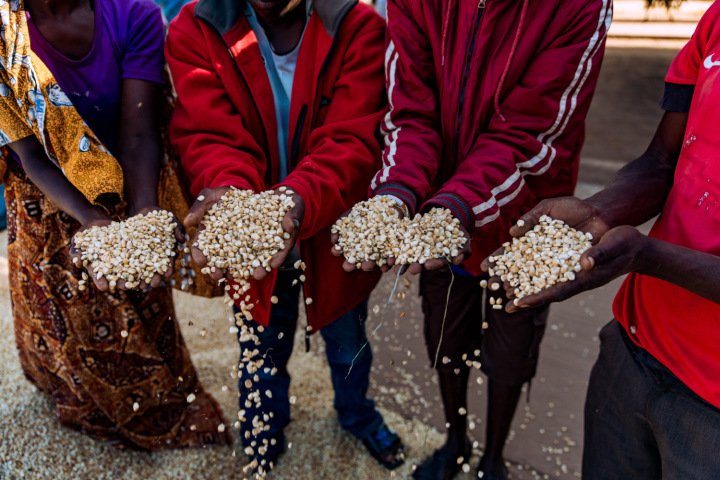
Alliance for Food Sovereignty in Africa
The Alliance for Food Sovereignty in Africa (AFSA) is a broad alliance of different civil society actors that are part of the struggle for food sovereignty and agroecology in Africa. Its 30 members represent smallholder farmers, pastoralists, hunter/gatherers, indigenous peoples; faith based institutions, and environmentalists from across 50 African countries. AFSA aims to be a strong voice shaping policy on the continent in the area of community rights, family farming, promotion of traditional knowledge and natural resource management.
La Via Campesina – GRAIN – ETC Group
This collaborative defends and amplifies peasant-led agroecology and seeds agendas, globally and in farmers’ fields, by strengthening the capacities and strategies of farmers movements and their allies. It analyzes, influences, and holds accountable relevant policies and practices of governments, agencies and the private sector through information and advocacy work.
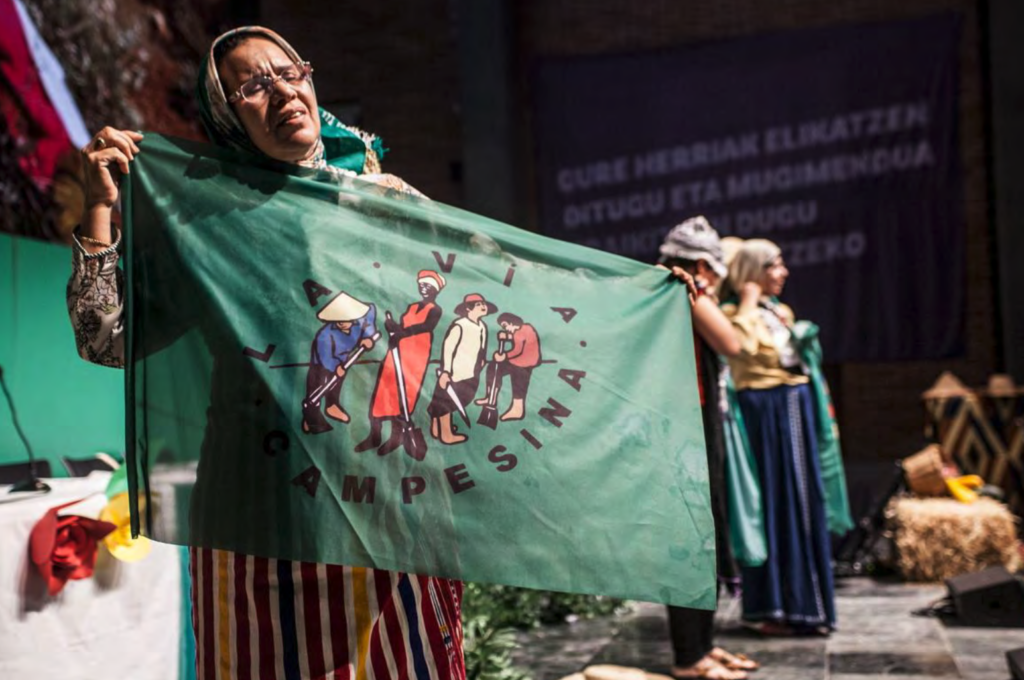
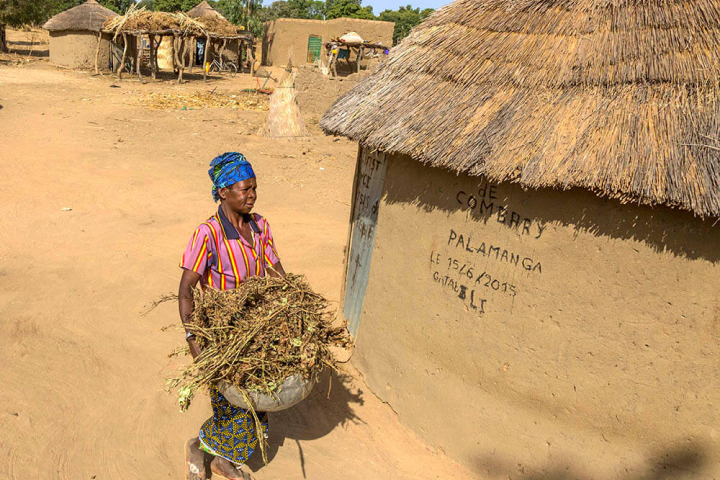
Groundswell International West Africa
Groundswell International West Africa coalesces the agroecological work of grassroots community groups and organizations in Burkina Faso, Mali, and Senegal. They catalyze the transition from unsustainable agriculture and extractive economies to regenerative, just farming and local food systems.
International Indian Treaty Council
The International Indian Treaty Council (IITC) is a network of Indigenous Peoples from North, Central, South America, the Caribbean and the Pacific working for the Sovereignty and Self Determination of Indigenous Peoples and the recognition and protection of Indigenous Food Systems, Rights, Treaties, Traditional Cultures and Sacred Lands. It works to restore, revitalize, protect and strengthen local food systems through sharing seeds, knowledge, practices and methods among Indigenous food producers.
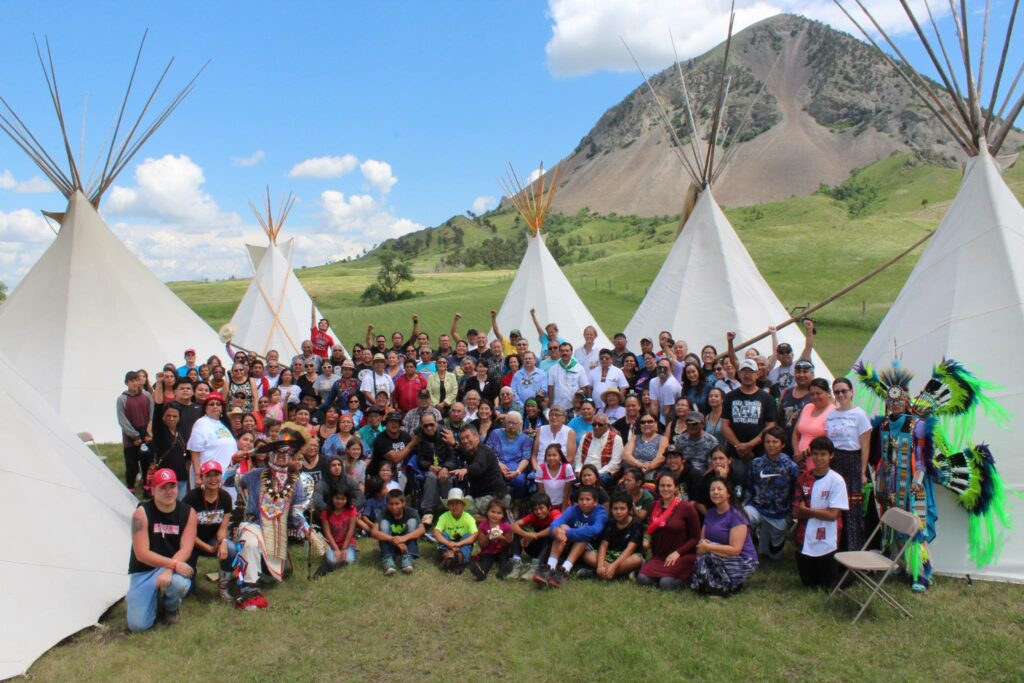
Staff
A small, decentralized team of Agroecology Fund staff members carry out the day-to-day management of the Agroecology Fund.

Angela Cordeiro
Angela Cordeiro
Co-Director
Angela serves as Co-Director at Agroecology Fund. Angela is an agronomist from Florianopolis, Brazil. She has an M.Sc. in Use and Conservation of Plant Genetic Resources from the University of Birmingham, UK. She started her professional career in the non-governmental sector, providing technical support to agroecology projects, with a focus on community management of agrobiodiversity. Angela has more than two decades of experience as a consultant, and has worked with NGOs, the Brazilian government, and UN agencies such as the UNDP, FAO, and WFP. In the last 15 years, Angela has worked extensively on program/project monitoring and evaluation, in Brazil and internationally. Part of the Agroecology Fund’s Advisory Board from 2015 to 2019, she joined the AEF team as Program Director in October 2019.
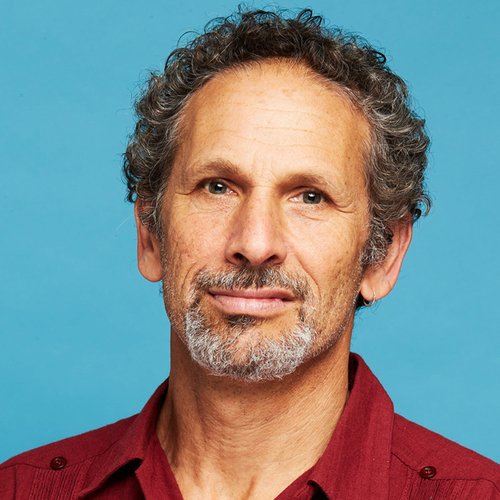
Daniel Moss
Daniel Moss
Co-Director
Daniel serves as Co-Director at Agroecology Fund. Daniel has worked in philanthropy for over three decades, channeling resources to community-led organizations and collaborations. Trained as a community organizer, he strengthened tenant organizations in public housing in Boston and then lived in El Salvador and Mexico for five years, working in support of social movements defending rights to land and water. He worked as an on-farm trainer in a workers’ rights certification program and with Latin American water utilities to strengthen watershed conservation strategies. He holds a Master’s degree in City Planning from MIT and writes frequently on food and water issues for traditional and online media.
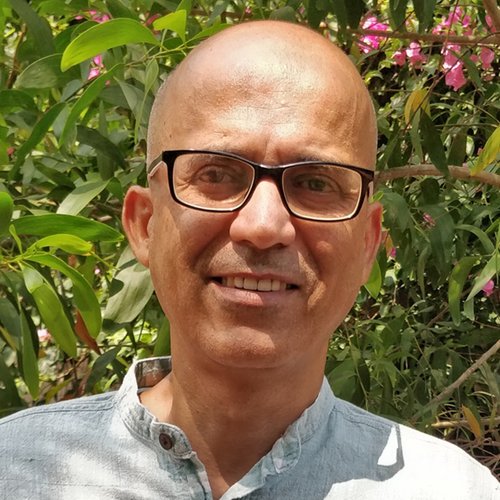
Minhaj Ameen
Minhaj Ameen
Director of Strategic Operations, Finance and Administration
Min is passionate about promoting sustainable living to address the planetary challenges we face today, particularly climate change and biodiversity loss. He holds a degree in engineering and an MBA from the Manchester Business School, UK. His conviction that humanity will truly thrive if we alleviate suffering for all living beings has led him to co-create and direct initiatives in renewable energy, solid waste management, afforestation, water conservation, agriculture and education. He helped set up the National Coalition for Natural Farming, the largest network of its kind in India, to advance agroecology at scale.
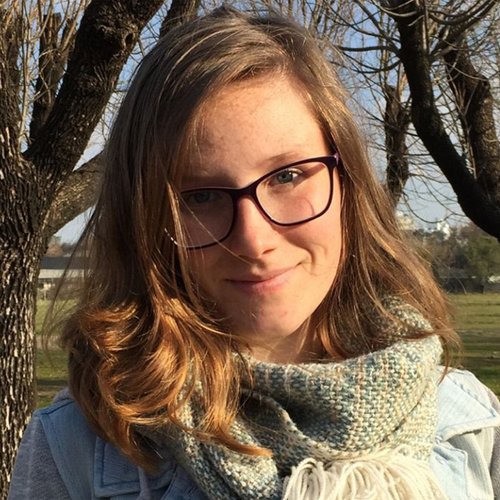
Catherine Dodaro
Catherine Dodaro
Operations Assistant
Catherine Dodaro is an agronomist from Laval University, Canada. She currently resides in Peru where she obtained a Master’s degree in sociology at the Pontifical Catholic University. Since 2017, she has been dedicated to agroecology and food sovereignty from a political and feminist perspective, working both in Argentina and Peru. She is the co-founder and current academic coordinator of Alsakuy Agroecológica, a space emerging as a youth movement advocating for the transformation of food systems. She has a particular interest in the socio-cultural elements of the agrarian sector, including its artistic manifestations, popular pedagogies and the fight for gender equality.

Bruno Ganzo
Bruno Ganzo
Monitoring, Evaluation and Learning Assistant
Bruno is a Brazilian agronomist graduated from the Federal University of Santa Catarina (UFSC), in Florianopolis. His studies and research explored plant genetic resources. He first worked with the Agroecology Fund w as an intern in early 2020 to support monitoring of COVID-19 Emergency Grants.
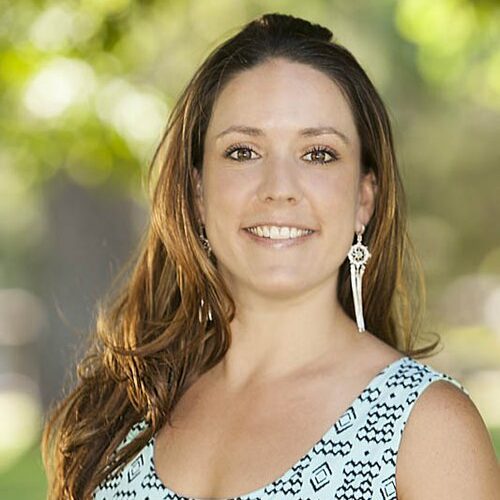
Allison Finnegan-Kihega
Allison Finnegan-Kihega
Grant Lead
Allison Finnegan-Kihega has a decade of experience in project management, international development, and grantmaking. Allison resides in Colorado, initially the Arapaho, Cheyenne, and Ute Tribes’ territories. She has worked in direct care with organizations supporting at-risk youth and seniors aging in place. Allison completed her Masters in Development Practice in 2020 with a thesis focused on environmental justice and the role of backbone organizations. She has since been working with international grantmaking organizations to provide administrative and programmatic support for a diverse portfolio of Advisory Boards globally.
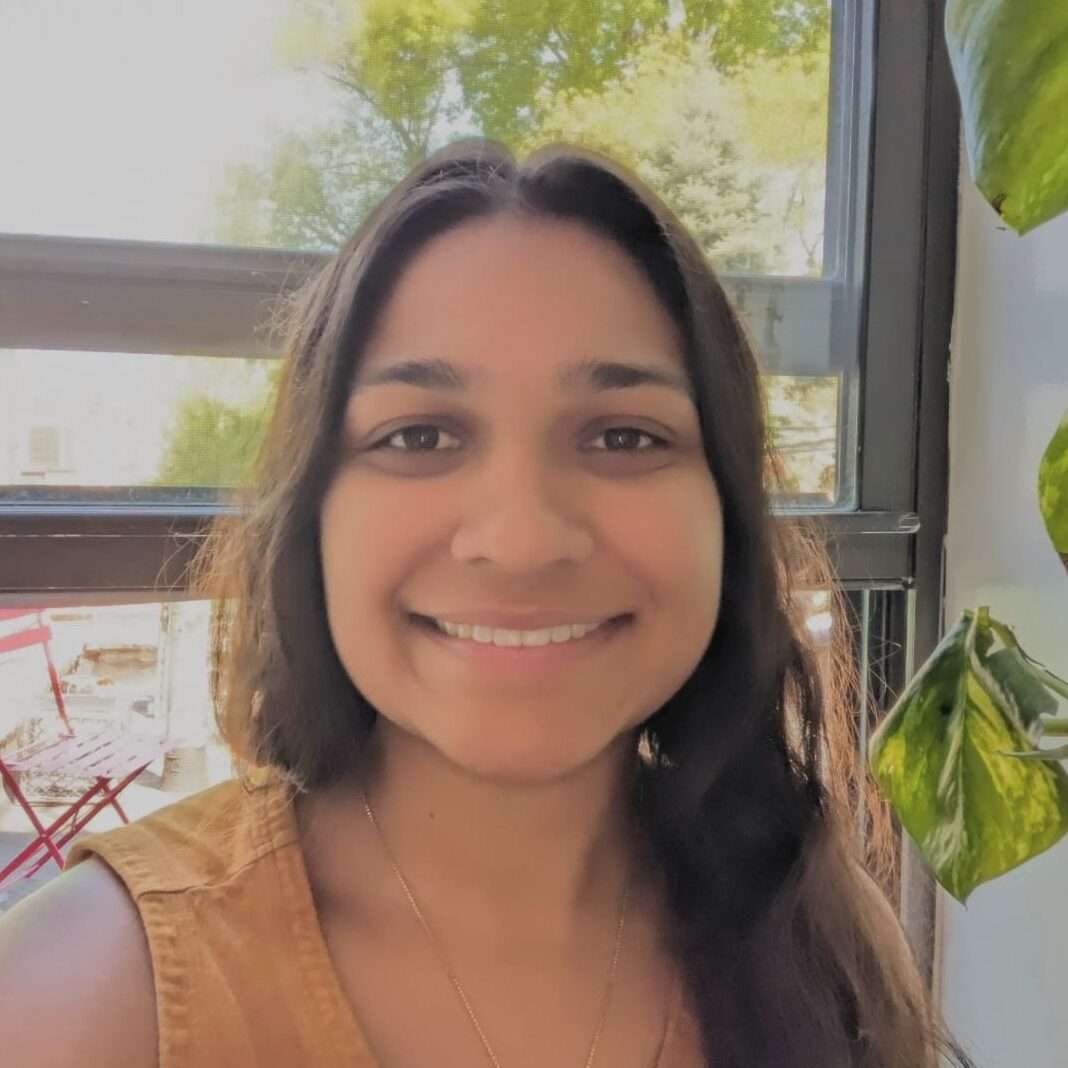
Fatimah Shaikh
Fatimah Shaikh
Resource Development Lead
At the Agroecology Fund, Fatimah is focused on resource mobilization to support our grantee partners. She is passionate about supporting and working alongside social movements committed to dismantling entrenched power to achieve systemic change. She holds a BA in English and Biology from New York University and a MA in International Relations, with concentrations in conflict resolution, development economics, and human security, from the Fletcher School. Prior to joining the Agroecology Fund, Fatimah worked across the nonprofit and philanthropic sectors on a range of issues including early childhood education, refugee rights, and at the intersection of corporate power and human rights.
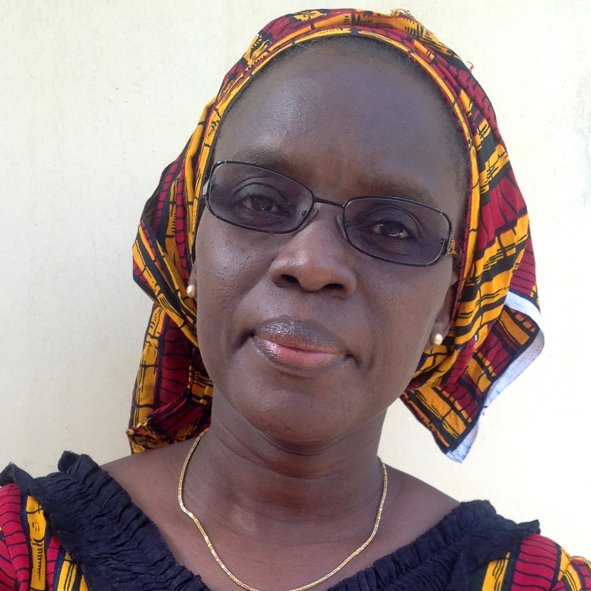
Tabara Ndiaye
Tabara Ndiaye
Africa Regional Funds Coordinator
Tabara Ndiaye has more than 20 years of experience in international philanthropy, supporting rural women and their organizations in French-speaking Africa in the promotion of agroecology and the transition to agroecology. Tabara is active in various platforms at local, sub-regional, and regional levels of the African continent on rural women’s seeds and knowledge, land rights, climate justice, feminist agroecology, and healthy food systems. She has close links with the culture and environment of rural women and understands the challenges they face as well as their prospects for the future. Previously, she worked with the New Field Foundation for ten years, developing its grantmaking program for rural women and their organizations in French-speaking West Africa. Tabara was a Senior Program Officer at the American Jewish World Service (AJWS) responsible for Land, Water & Climate Justice, and Civil and Political Rights Programs in Senegal and DR Congo. She is a board member of the Fund for Global Human Rights and is a Strategic Advisor of the Global Fund for Women and The African Women’s Collaborative for Sustainable Food Systems.
Long Term Consultants
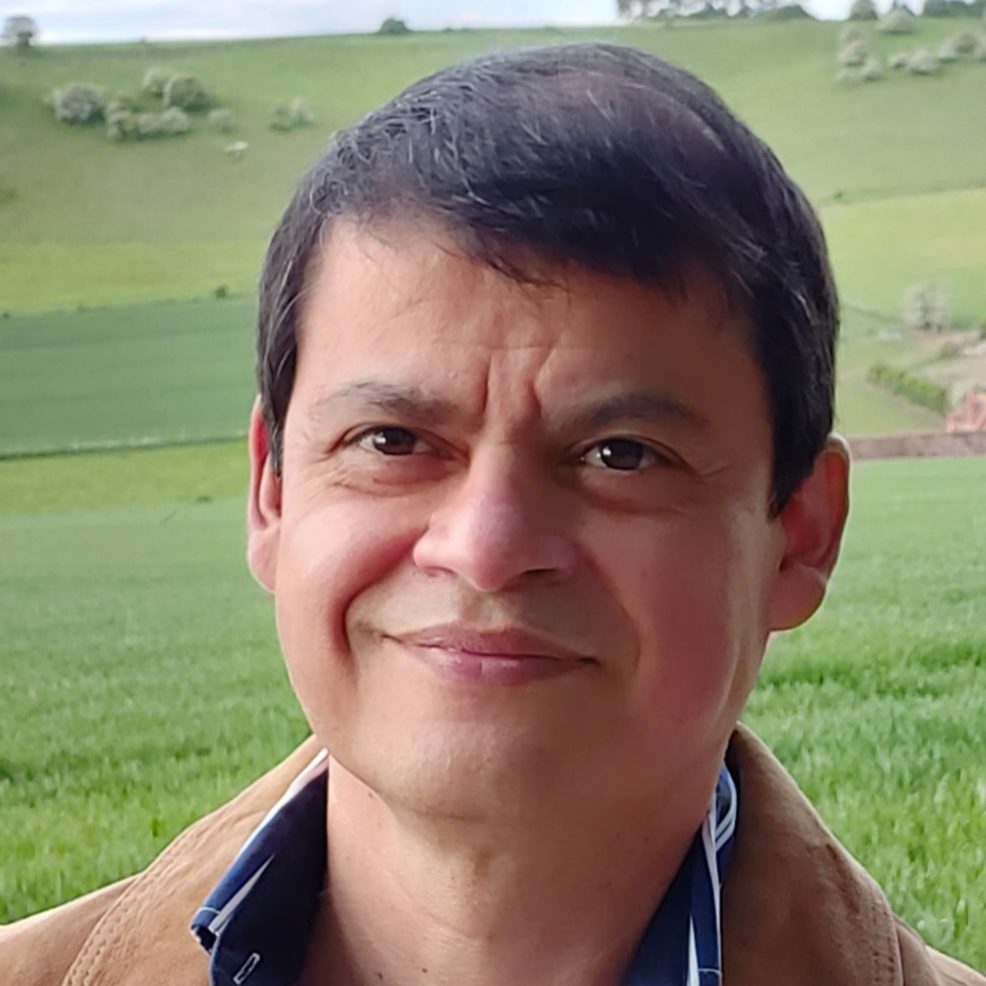
Carlos Barahona
Carlos Barahona
Grassroots Evidence for Agroecology
Carlos is a founder and managing director of Statistics for Sustainable Development (Stats4SD). Stats4SD is a not-for-profit social enterprise specializing in design research and transforming data into information to support decision-making for the benefit of society and the environment. His background is in statistical methods, participatory approaches and agriculture. Currently, he is interested in the adaptations and innovations in research methods that will help us learn how to move faster toward food systems based on agroecological approaches.
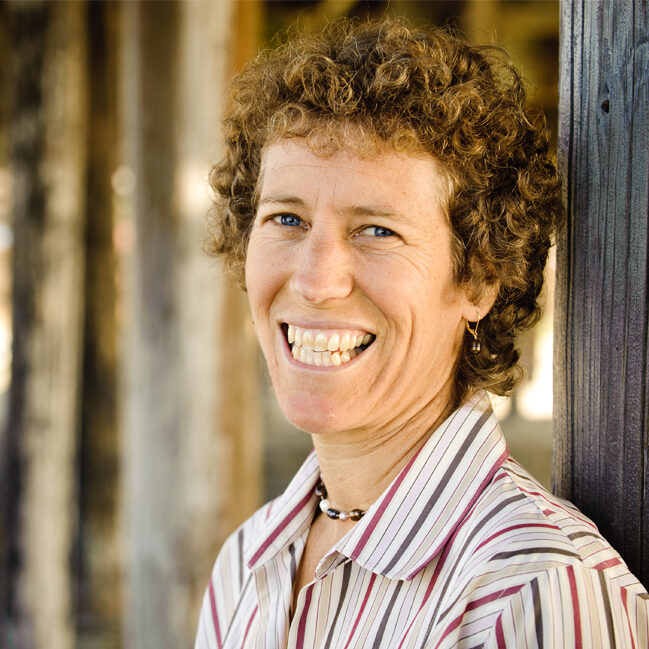
Jen Astone
Jen Astone
Agroecological Entrepreneurship & Territorial Markets
Jen Astone is a financial activist and philanthropic leader. At Integrated Capital Investing, she educates and catalyzes foundations and investors to use all their assets – grants, investments, and leadership – to create equitable, regenerative and restorative economies. She publishes The Transformative 25, a list of funds transforming finance for people and the planet. She lives on unceded Awawas land in California, represented by the Amah Mutsun Tribal Band.
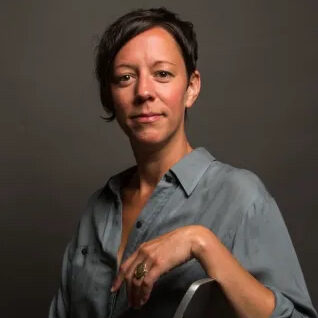
Erin Eberle
Erin Eberle
Communications Consultant
Erin Eberle is a queer communications consultant partnering with creatives, nonprofits, foundations, and small businesses across the globe to create change rooted in equity and justice. They leverage their food systems transformation experience to support Agroecology Fund in creating impactful and strategic communications. Her social movement practices include engagement with Buddhist Peace Fellowship, Presencing Institute, and Dharma Action Network for Climate Engagement. Erin is a writer, photographer, connector, collaborator, seed saver, and works to amplify the stories + voices that often go unheard.
